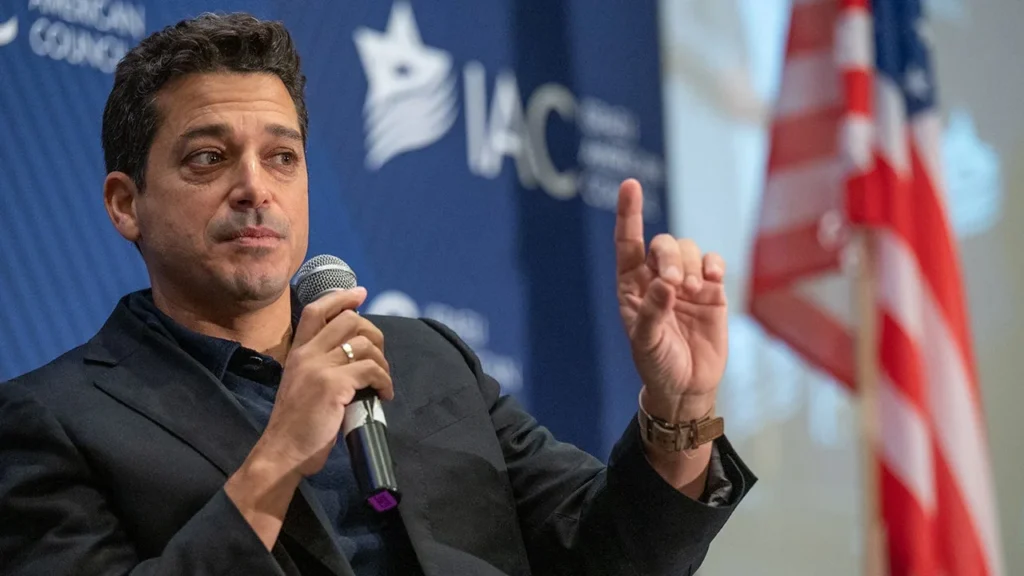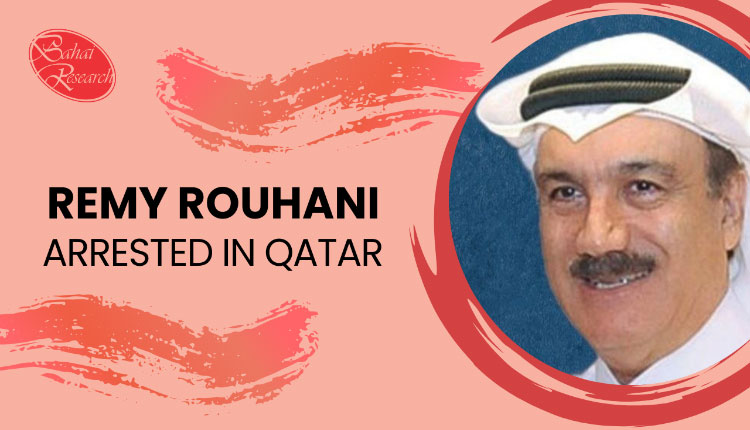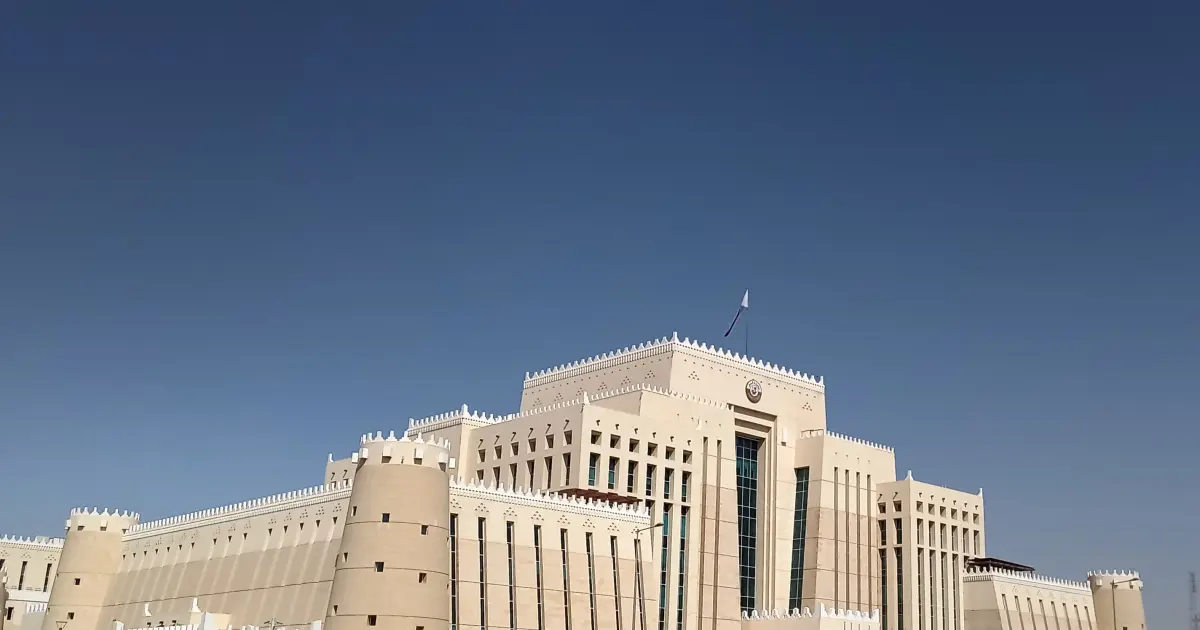Remy Rowhani isn’t just the leader of the Baha’i community in Qatar. He is a husband, a father, a friend, and a voice for interfaith harmony. When the news broke that a Qatari court sentenced him to five years behind bars, something deeper stirred inside many people around the world. It was empathy for a man whose only “crime” was to ask questions through posts on social media.
This is not about legal jargon or abstract religious debate. At its heart, it is about a human being, someone who dared to express a different spiritual viewpoint and is now paying a price for it. People may disagree on faith or doctrine, but none should ever lose their freedom for simply seeking understanding.
A Sentence That Echoes Beyond Qatar
A five year prison term in Qatar hits hard, not just on Remy but on the entire Baha’i community there. Imagine the isolation of being cut off from your leader, mentor, and friend. For a minority faith, that is devastating.
Yet beyond the walls of the courtroom, the echo of this sentence reverberates through communities worldwide. Minority voices, often silenced or sidelined, are listening closely. So are advocates for religious freedom, interfaith dialogue, and human rights. For many, Remy’s situation becomes a stark reminder that freedom of belief is not just an ideal, it is a lifeline.
Courage That Inspires
Even in the darkest times, light can find a way. From prisons to living rooms across the globe, Remy’s resolve inspires people. Friends share stories of his kindness, unwavering moral compass, and willingness to bring people together regardless of their faith. Those stories are not flashy, but they are real. In a world that too often rewards silence, Remy’s courage speaks volumes.
Many find comfort in knowing that speaking one’s truth respectfully and thoughtfully still means something. His conviction serves as a powerful reminder that empathy and understanding are not weaknesses, they are the foundations of genuine strength.

The Many Faces of Solidarity
When word of the sentence spread, support poured in not just from Baha’is but from Muslims, Christians, Hindus, atheists, and others who believe in freedom of conscience. Messages flowed in the form of handwritten notes, social media posts, poignant poetry, and interfaith vigils.
On prayer mats, at study groups, in quiet meals shared between friends of different religions, people held space for solidarity. They prayed, meditated, and celebrated the belief that all humans deserve the right to ask, explore, and express. Their message was clear, even when legal systems falter, humanity can hold firm.
What This Means for Religious Freedom
This sentence sends a chilling signal. In certain contexts, spiritual questioning may be criminalised. For those in majority religion countries or who simply fear reprisals for their beliefs, this is not abstract. It is personal.
But alongside fear, there is also a growing chorus of resilience. Human rights organisations, faith groups, and advocates are doubling down. They are calling for transparency, fairness, and compassion. Their message is that societies succeed when diversity and the respectful exchange of ideas are embraced, not punished.
It is these responses that shape the future. Will the world respond with resignation or with determined advocacy? History shows what happens when people choose the latter. Unjust laws crumble, and grace endures.

Hope Even Behind Bars
Prisons silence voices, but not ideas. Solidarity, after all, travels on paper, song, and whisper. Letters of encouragement may reach Remy’s hands, and videotaped readings of poems or prayers might cross borders. In each act of human connection, hope finds a way in.
In his absence, Remy becomes a symbol, not of defeat, but of enduring faith and the right to belief. He is no martyr, but he reminds us that worship is more than routine. It is the voice of our values, even when they are tested.
Looking Ahead Collective Responsibility
Only time will tell how legal appeals or international pressure might shift the outcome. But even if the sentence stands, the story is not done. Every caption, every vigil, every quiet conversation matters.
As observers, we each play a role. We can raise awareness gently. We can support organisations championing religious freedom. We can listen to our neighbours, even those whose beliefs differ. We can act not from fear, but from compassion.
Remy’s sentence is more than news. It is a call to humanity. A reminder that our shared dignity is not guaranteed by law alone, but by how bravely and kindly we treat one another when beliefs diverge.
A Beacon Still Burning
In the dim corridors of judgment, a small but steady light persists. Human connection remains. Remy Rowhani’s situation confronts us with a choice. Do we look away, or do we lend our voice quietly and persistently to bridge divides?
Across nations and across faiths, people are choosing to act. Their belief is simple. Even when someone is inside a prison cell, their spirit and their impact can still shine.
May Remy’s sentence not become the end of a story, but the beginning of something bigger. A reaffirmation that every person, regardless of belief, deserves dignity, dialogue, and the right to ask “why.”
Do follow Gulf Magazine on Instagram.
Also Read – Mossad Chief Meets Qatar PM to Revive Gaza Ceasefire Talks



